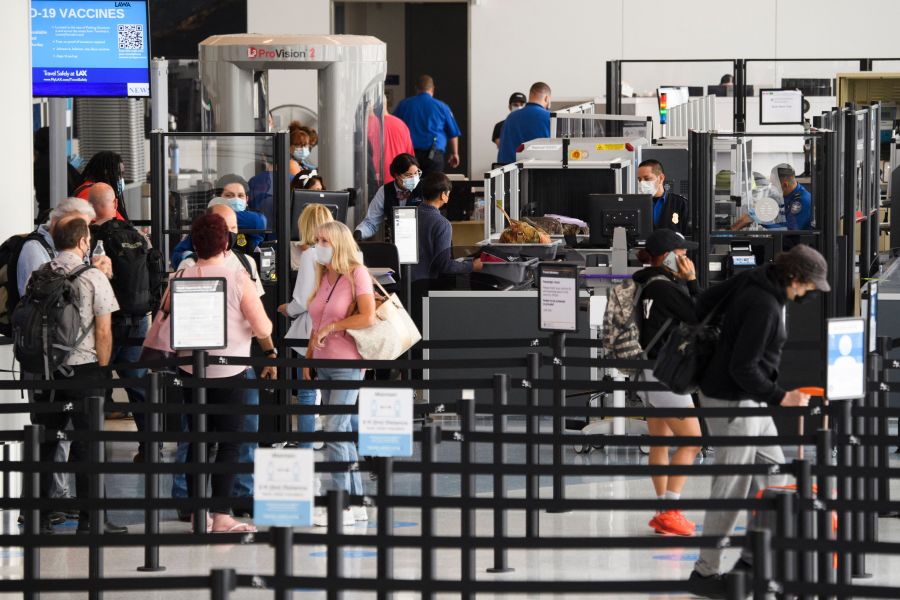PORTLAND, Ore. (KOIN) — Since the mass shootings in Uvalde and Buffalo, a renewed push to change gun laws swept across the country. On Sunday, Senate bargainers announced a bipartisan framework on a deal, a noteworthy though limited breakthrough offering modest gun curbs and bolstered efforts to improve school safety and mental health programs.
The proposal falls far short of tougher steps long sought by President Joe Biden and many Democrats. Even so, the accord was embraced by Biden and enactment would signal a significant turnabout after years of gun massacres that have yielded little but stalemate in Congress.
But others still call for hardening so-called soft targets — schools, churches, grocery stores (all sites of recent mass shootings in the US.)
Lewis & Clark Law School Professor Tung Yin told KOIN 6 News that’s not an easy thing to do because of logistics and public resistance.
“Imagine you are at work and you go out for lunch you come back again, you have to clear it with security. And you go out for a break, you come back, you have to clear with security,” he said.

Experts say hardening soft targets makes a specific location only hard inside the perimeter. Airports, for instance, are a hard target past the TSA check — but the line to the inspection remains a soft target.
Yin also said there are fundamental issues with the idea of hardening soft targets.
“It’s like with those little balloon animals. You squeeze air out of one part of it and it just goes to another part of the balloon,” he said. “So if we protect some soft targets there’s others that will be unprotected and be inviting targets.”
The Associated Press contributed to this report.